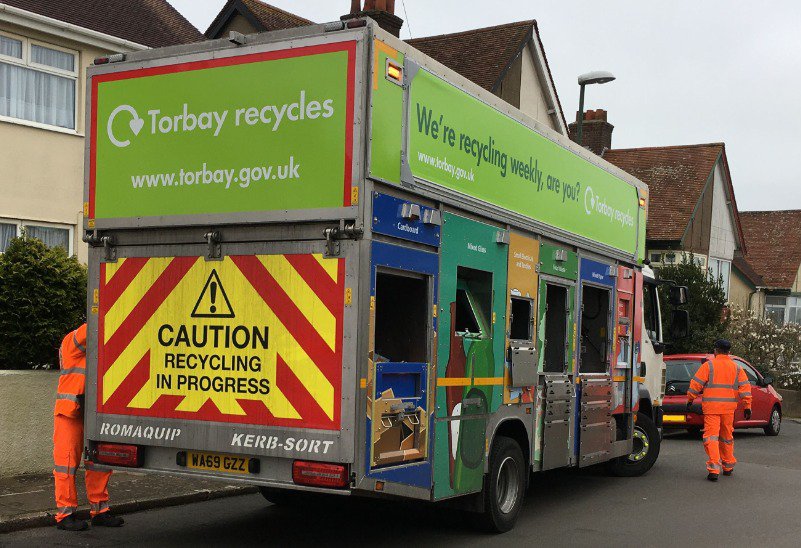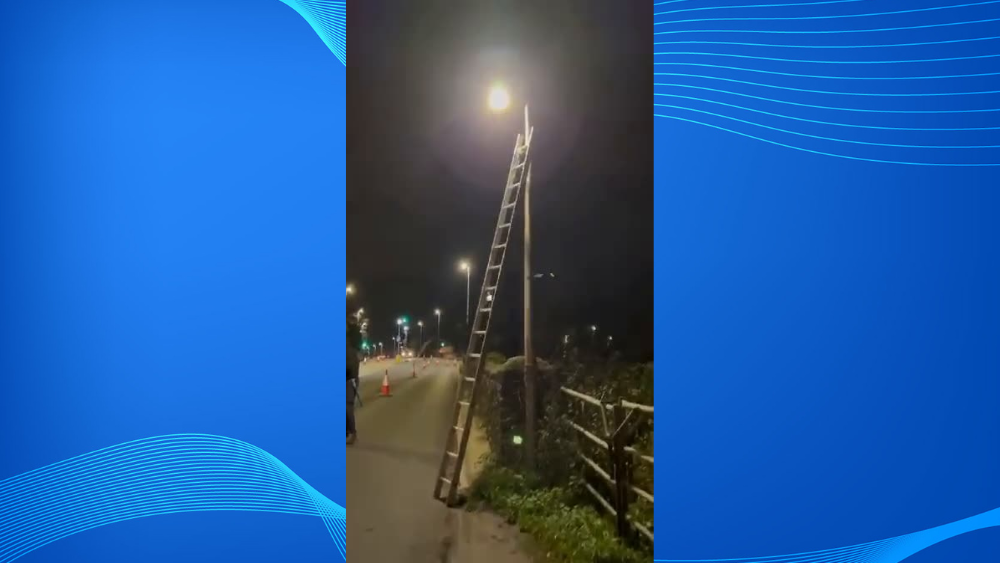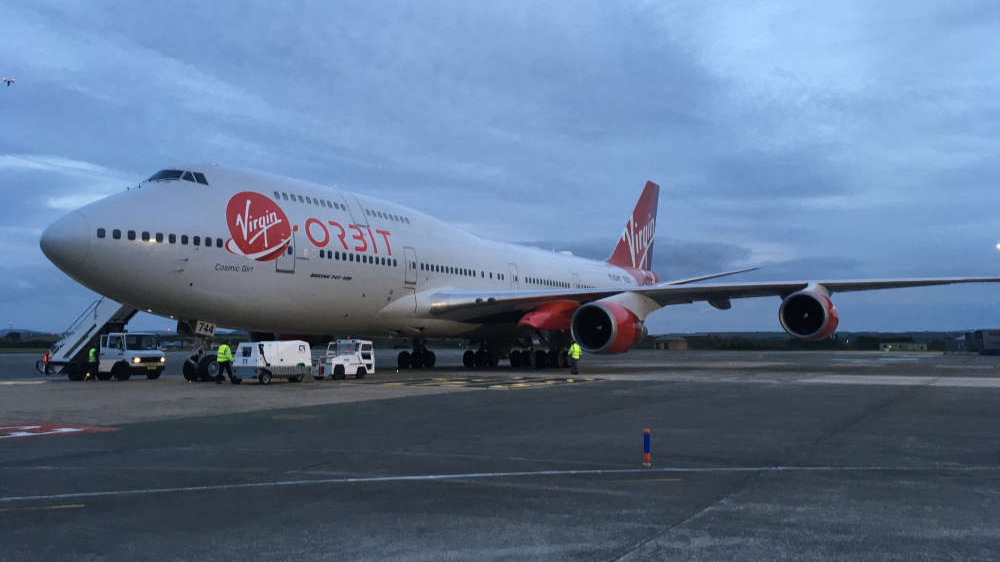
He collected sweepstake cash, then got covid
A Torbay refuse worker who collected cash for a lottery sweepstake from his colleagues led to a massive disruption in the areas waste collections after they tested positive for covid-19.
Around 60 workers at Torbay Council’s company Swisco had to self-isolate after the employee tested positive. That resulted in household recycling collections being delayed across the area for several weeks from late October.
Councillors were told the infected waste worker came into contact with a large number of staff because he was running a sweepstake for the National Lottery bonus ball. The reason for the disruption was revealed after former mayor Nick Bye said the extent of the self-isolation among the workforce appeared to show poor management.
But the council’s director of place Kevin Mowat explained strict hygiene measures had been introduced in the service and the problem had been caused by an unforeseen one-off incident. He told a meeting on Wednesday night a “rogue member of staff” had been collecting from colleagues for the sweepstake.
Mr Mowat said: “Hindsight is a wonderful thing. Did I know that someone was going around doing a sweepstake on the Lottery with the bonus ball? No I did not. It was just one of those things, it was not due to poor practice, it was a one-off. It won’t happen again.”
Mr Mowat said face-coverings had been introduced in offices and cabs early on to safeguard staff. He said he was “comfortable” with the hygiene measures in place and praised the organisation’s response to the “unfortunate” incident.
Earlier Cllr Bye had challenged an apparent gap in predicted savings from a new waste strategy including a proposal to change fortnightly bin collections to three-weekly. The Conservative councillor asked why a report on the strategy forecast savings of £475,000 in two to three years, but the council’s draft budget appeared to suggest next year’s savings alone would be £600,000.
Mr Mowat said the £600,000 figure in the budget document was for the total savings from the contract with Swisco next year. The savings from the waste strategy were estimated at £100,000. The other £500,000 to be found during the 2021/22 financial year would have to come from other areas of the operation, including staffing and supplier costs.
The issue came up at a meeting of the council’s scrutiny board which was considering the new waste strategy. The board heard more than 800 people had responded to public consultation about the draft plan.
Cabinet member Mike Morey said the aim of the revised strategy was to improve recycling and cut carbon. Councillors were told the current recycling rate in Torbay for the year ending in March 2020 was just over 40 per cent. In East Devon, where they moved to three-weekly household waste collections, the recycling rate is around 62 per cent.The strategy said a realistic target for Torbay was 50 per cent in two to three years. A three-month trial of three-weekly collections for residual household waste is expected to start early next year. The results will be assessed before a decision on whether to roll-out the scheme across Torbay.
Kerbside recycling collections will continue weekly, and some areas such as town centres are expected to carry on with fortnightly residual waste collections. The strategy also proposes a paid-for kerbside collection of garden waste, charging for building waste at the recycling centre and an education programme.
Conservative councillor Chris Lewis warned that the changes could lead to increased fly-tipping and urged the council to improve recycling rates through education before changing the frequency of household collections.
The new council-owned company Swisco took over in July from previous contractor Tor2, which was set up 10 years ago as a joint venture between the council and majority shareholder Kier Group. The service ran into problems in recent years with episodes of delayed recycling collections blamed on a shortage of drivers and ageing lorries. The council stepped in last year to invest £3.25 million in 22 new recycling vehicles. They have more capacity than the lorries being replaced and are able to stay out longer before returning to the depot to unload.
 14-year-old girl missing from Exeter
14-year-old girl missing from Exeter
 Man reattaches flags moments after removal
Man reattaches flags moments after removal
 Rocket builder careers in Cornwall to soar
Rocket builder careers in Cornwall to soar
 'Twas the weather warning before Christmas
'Twas the weather warning before Christmas
 Police watchdog investigates after fatal Plymouth crash
Police watchdog investigates after fatal Plymouth crash
